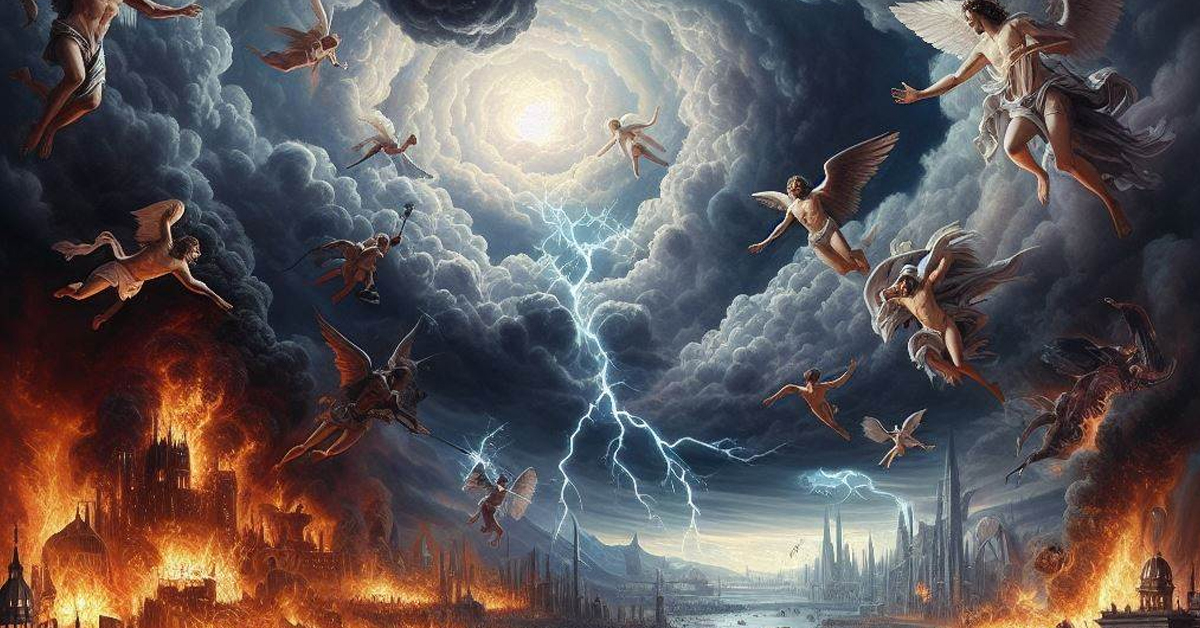
Since writing Faith in the Age of AI, I am often asked about the antichrist, the mark of the beast, and the end of time.
I always hesitate to answer, because though I am aware of the way many believers in our country emphasize these things, I rarely think about them at all.
May I explain why?
Much of how we have come to think about the end of time must be read into scripture. A new reader would not likely draw the same conclusions many of us were taught because he would not know to weave together the scattered passages to reach those same conclusions.
The truth of the matter is, the only statement about the end of time that qualifies as a core Christian belief is this: “he (Christ) will come again to judge the living of the dead, and of his kingdom there will be no end.”
One’s view of the antichrist, hell, the relationship of Israel to the church, the mark of the beast, and so forth, are all personal opinions that do not rise to the level of “the faith once and for all delivered to the saints.” Christian views about such things have been all over the place.
That said, Christians do share a few broad, general opinions about eschatology (‘beliefs about the end.’) Because these beliefs are not specific, Christians have applied them to many different situations in the long history of our faith.
For instance, what is an antichrist? Is an Antichrist not some powerful person who embraces and embodies values contrary to the values of Christ? Is it not someone who deceives people into shifting their attention away from God to himself?
Using that definition, was Emperor Nero an anti-Christ? Or Hitler? Have there been many others? Yes, of course. Will some future anti-Christ so embody and reflect a character so utterly opposite to that of Jesus that these past anti-christs will appear by comparison as mere forerunners?
Perhaps.
On the other hand, how many passages in scripture even mention the ‘anti-Christ?’ You could put all of them in a thimble. That just doesn’t seem to be much of a preoccupation of scripture.
How many times does scripture say, “don’t be afraid?” Frightening ourselves and others about the end of time while simultaneously claiming to be awaiting the Lord’s appearing doesn’t seem to make sense. The day of the Lord will come when it comes, and we are supposed to be longing for it.
Meanwhile, didn’t our Lord say, “In this world you will have tribulation, but be a good cheer, for I have overcome the world.”
That just doesn’t leave much room to fret about how things are going to turn out.
That’s why eschatology is more of a compass than a crystal ball. Bible prophesy says – “True North lies in that direction. Watch out for dragons on the way.”
Trying to get more specific than that implies that we know more about the end times than Jesus did, which doesn’t seem likely.
